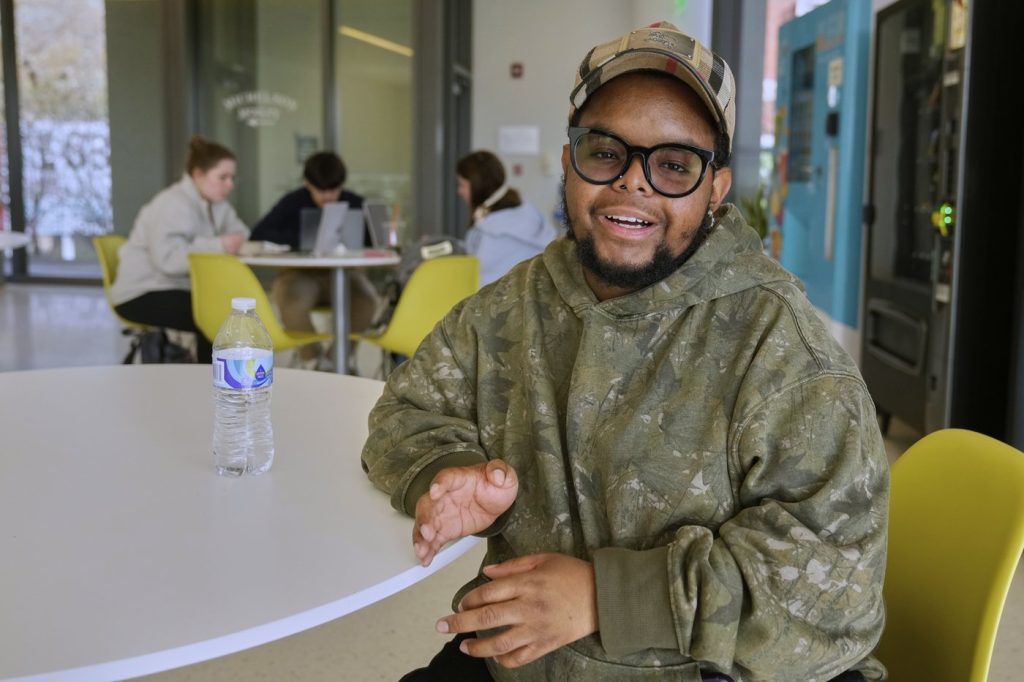As U.S. colleges retreat from diversity, equity, and inclusion (DEI) practices, many students of color are experiencing a significant loss of support systems that were instrumental in fostering community and inclusion on predominantly white campuses. Students report a decrease in programs that provided scholarships, mentorship, and a welcoming environment as institutions respond to federal directives aimed at curtailing such initiatives.
The rollback of DEI practices has been fueled by policies from Republican-led states and exacerbated during the Trump administration. Colleges have faced pressure to eliminate DEI programs or risk losing federal funding, particularly after a February memo from the Education Department mandated that race could not be a factor in any decisions related to hiring, admissions, financial aid, or student life. This shift is especially troubling for students who benefited from these programs, which were designed to support underrepresented communities on campus.
At the University of Michigan, Breeana-Iris Rosario, a junior and LEAD Scholars program recipient, expressed concern over the closing of the DEI office and the scrapping of the campus-wide inclusion plan. She highlighted how losing orientation events and scholarships specifically designed for Latino, Arab, and Asian students could exacerbate feelings of isolation among minority groups, particularly as Hispanic students only represent 6% of the undergraduate population. Rosario noted that these programs were vital in helping her find her community at the university.
Other institutions, such as Case Western Reserve University in Cleveland, have also begun to dismantle their DEI offices in compliance with federal orders, despite the potential loss of vital support for marginalized students. University President Eric Kaler communicated that the DEI office would be replaced with an Office for Campus Enrichment and Engagement, although the specifics of the new office remain unclear. Justen Pippens, a junior at Case, described the DEI office as a "stress-free zone" that offered essential personal and academic guidance, reflecting concerns about losing access to such support.
Meanwhile, in Virginia, Governor Glenn Youngkin celebrated the University of Virginia's decision to terminate DEI programs, asserting it as a move toward "merit-based opportunity." However, students have reported that scholarships and programs aimed at supporting minority students are being cut back or eliminated altogether, leaving members of these communities questioning the value of their identities within the academic context.
The pushback against DEI initiatives is not without its challengers, as opponents demand further measures to dismantle what they perceive as discriminatory practices. Some critics, like conservative strategist Christopher Rufo, have gone so far as to suggest that DEI programs should be dismantled using federal intervention similar to that used during the Civil Rights Movement. These movements raise mounting concern regarding the future of diversity and inclusion efforts in higher education, particularly at a time when institutions are expected to adapt to maintain federal funding.
With the retreat from DEI practices, students at various colleges across the U.S. are bracing for the implications these changes will have on their educational experiences. The fear among many is that the dismantling of critical support systems could deter future generations of students of color from pursuing higher education, thereby weakening the fabric of diverse academic communities.










